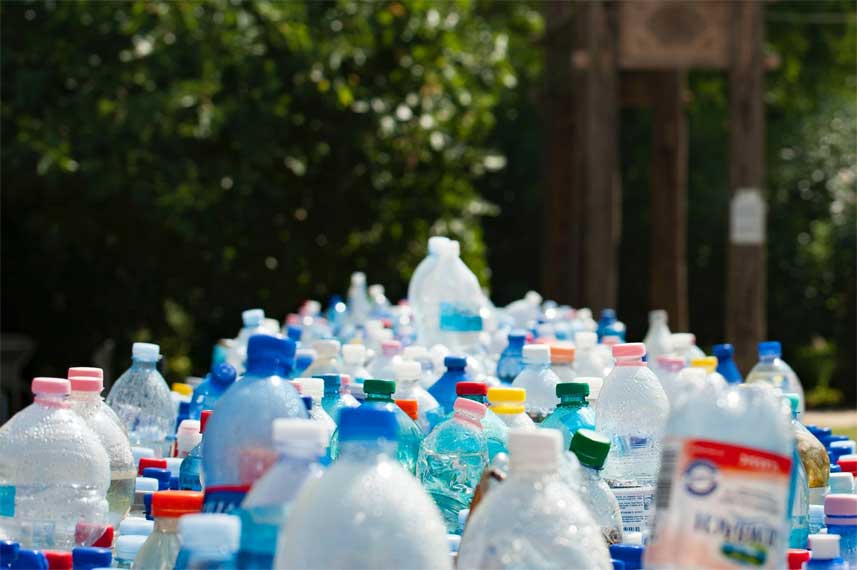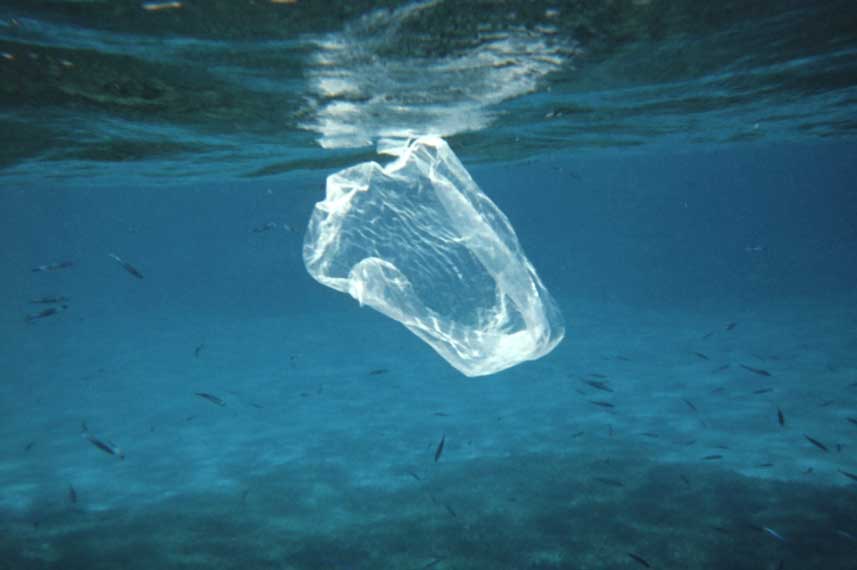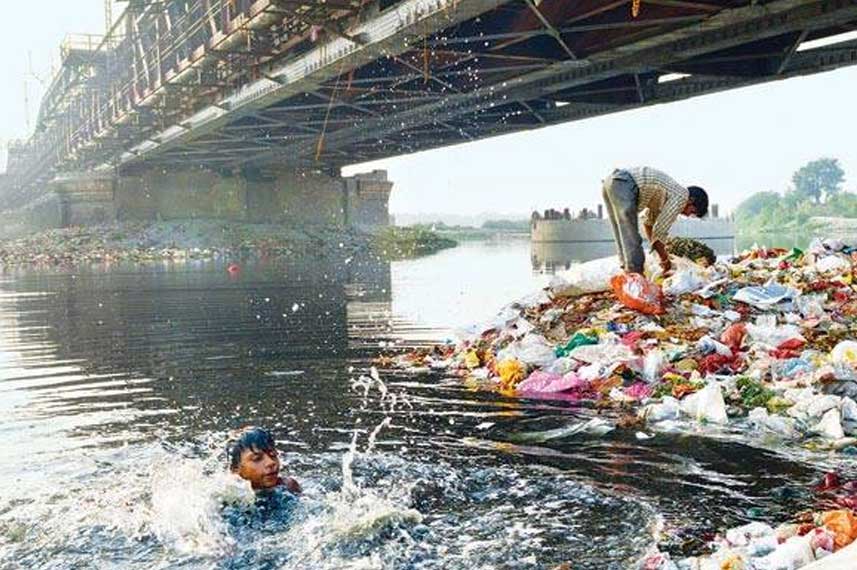Plastic is choking our planet. But is a world without plastics imaginable? Single use plastic and disposable electronics are trashing our planet. We′ve all seen the devastating images of pristine beaches covered with plastic waste, of turtles and other marine life killed by ingesting bags, bottles, and other debris. Many of us have also read the frightening statistics about microplastics getting into the food we eat and the water we drink.
The good news is that together we can fix this. While minor lifestyle changes can help us reduce our individual plastic footprint, big corporations too need to take responsibility of their rubbish and the authorities need to put stringent rules to keep plastic pollution in check.
Related Articles

A Day Of Action Against Plastics
By 2050, we will have more plastics than fish in the oceans. This piece of information is a loud warning to the global community to start taking drastic steps towards reducing plastic consumption. Undoubtedly, single-use plastics are the most dangerous of its kind. But merely knowing that was just not enough. Hence, we at Seasonalverdant India in Bangalore took the first step: raising public awareness on the risks and alternatives to single-use plastics.

Our much guarded food chain has long been breached by plastics, and hence, it did not come up as a surprise when a recent study co-designed by Kim, Seung-Kyu, Professor at Incheon National University and Seasonalverdant East Asia, suggested that over 90% of sampled salt brands globally contain microplastics. Microplastic contamination had earlier registered its presence in our water bodies – especially seas, soil, drinking water, marine life, beer and now it has invaded salt. Given the massive amount of pollution our undeterred dependency on plastics has eventually resulted in, it may soon end up in every form of life.

Beat Plastic Pollution was the theme the world collectively celebrated this Environment Day 2018. As Greenpeace India volunteers, we wanted to do something big to commemorate the day. It has been a known fact that plastic is a prime catalyst for air and water pollution, and it indirectly degrades the living condition of masses. We focussed on one of the most polluted rivers in India, Yamuna. River pollution in Yamuna is a crisis so bad it affects more than 58 million lives every day.